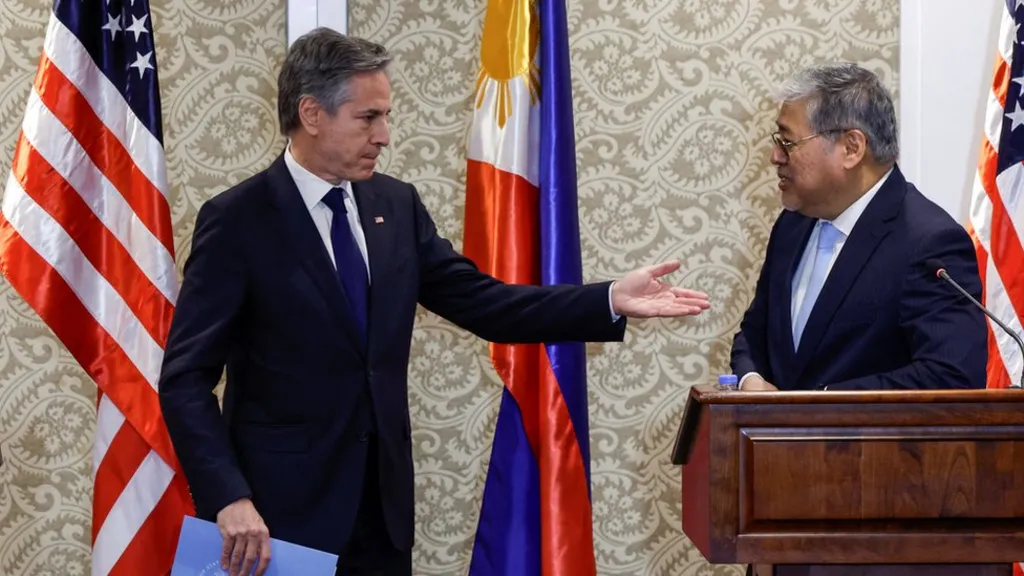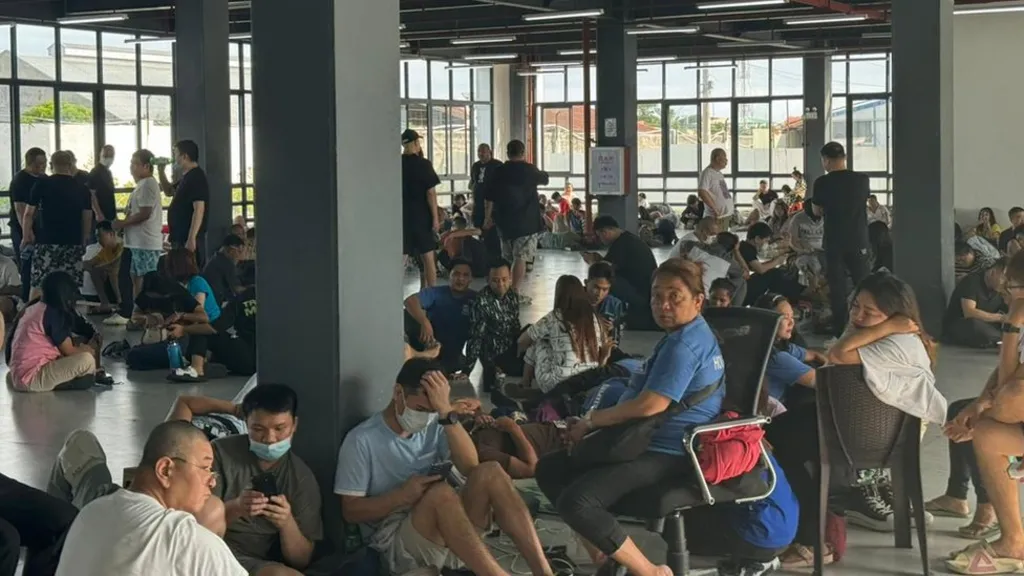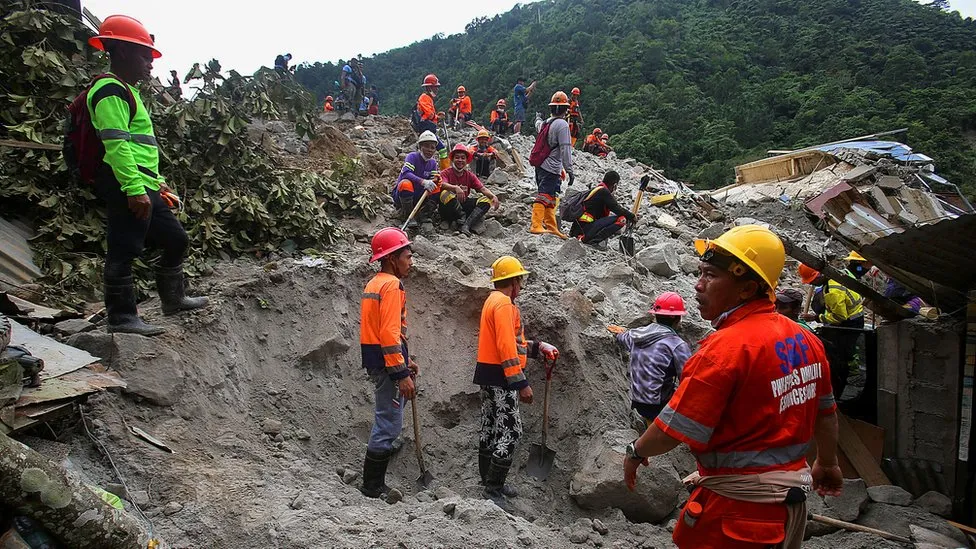Last Sunday, “To Vima” revealed that it is discussing the change of the route of the planned EastMed pipeline for the transport of natural gas from the Eastern Mediterranean to Europe, in a way that will become sustainable. That is, instead of the submarine route Israel – South Cyprus – Crete – Peloponnese to be directed from the “Leviathan” deposit of Israel to Egypt. Then, by land, it will reach the border of Egypt with Libya and from there to Crete where an LNG liquefaction terminal will be built for exports to Europe.
The Government of South Cyprus made sure to make public in all tones that this information is not correct and that the EastMed pipeline is alive. In fact, EastMed has always been a “political project”, hence the international specialized media ironically calling it “pipedream” instead of “pipeline”.
The fact that EastMed, as initially announced, is a dead project is confirmed by the announcement made by Israel and Egypt on February 22, that they agreed to proceed with the construction of a gas pipeline from the “Leviathan” field. Israel at Egypt’s LNG terminals. The new route revealed by “To Vima” is an extension of the above agreement.
[penci_ads id=”penci_ads_1″]
Anastasiadis is annoyed
One week before the announcement of the intention to transfer gas from Israel to Egypt, the President of South Cyprus Nikos Anastasiadis was in Israel. In a joint press conference with Prime Minister Benjamin Netanyahu, they announced that they are continuing the cooperation for the EastMed pipeline. However, in their private meeting, Netanyahu presented Anastasiadis with a map of EastMed’s new route to Egypt, bypassing South Cyprus. Netanyahu reportedly told Anastasiadis that the new route was the brainchild of Prime Minister Mitsotakis, who visited Israel six days earlier.
On the way to Israel, Mitsotakis parked in South Cyprus and had talks with Anastasiadis. The Greek Cypriot Presidency leaked to the Greek Cypriot press that during the Anastasiadis-Mitsotakis talks, the issue of the pipeline route was not discussed at all. In fact, Anastasiadis appears annoyed because he was informed by Netanyahu. According to the report of “Vima”, the new direction of EastMed was conveyed to Greece by the President of Egypt, Abdel Fattah al-Sisi, during his two-day visit to Athens on November 10 and 11, 2020. Although Anastasiadis has excellent personal relations with Sisi was not informed by him about his plans to exclude South Cyprus from the new energy plans of the Eastern Mediterranean.
To a large extent, the three other countries that rallied for EastMed are consulting with each other and the fourth, South Cyprus, is marginalized. The cause of all these “misunderstandings” is that the gas of the Eastern Mediterranean is diplomatically trapped due to the unresolved Cyprus issue. The aim of the behind-the-scenes process is to find a way to free the natural resources of the Eastern Mediterranean, neutralizing Turkey’s reaction by bypassing South Cyprus.
The self-trapping of South Cyprus
The discovery of the giant Leviathan field in Israel at the end of 2010 and the Aphrodite field in Cyprus, a year later, attracted the interest of oil companies. To succeed in a large energy project, there are three basic conditions: satisfactory marketable deposits, economically viable solutions for their exploitation and an available market for their absorption. Although the pipeline to Turkey was the only solution that met all three criteria, there was the Cyprus barrier between the deposits and the coasts of Turkey.
In the decade of 2010, for the first time since 1974, South Cyprus acquired a strong bargaining chip to resolve its national problem with dignity. Turkey will benefit from the exploitation of the Eastern Mediterranean gas: on the one hand it will meet its own needs and on the other it will acquire a regional role in the energy routes. For this reason, he showed a keen interest in resolving the Cyprus issue, because the benefit from the solution would be huge, while maintaining the status quo only costs money.
South Cyprus, acting against its own national interests, has undermined its own strategic advantage. Anastasiadis torpedoed the talks on the Cyprus issue and invested in trilateral cooperation, sometimes with Egypt and sometimes with Israel, dragging Greece into this trap. Against the background of the tripartite cooperation, Egypt proceeded to the establishment of the Forum for the Eastern Mediterranean Gas, in which Greece, South Cyprus and Israel also participate. The purpose of this Forum is to exclude Turkey from the energy plans of the Eastern Mediterranean.
[penci_ads id=”penci_ads_1″]
The end of illusions
Amidst the illusions that South Cyprus was becoming part of a powerful anti-Turkish coalition, which included powerful states such as France and Israel, the country’s leadership did not recognize that it was in danger. Turkey has responded with aeronautical exercises in the Mediterranean and other extreme measures, such as its activities in the Cypriot EEZ. Side effects of this competition were the Turkish-Libyan memorandum, which became the cause of the crisis in Greek-Turkish relations.
Eventually, one after the other, the “anti-Turkish axis” states haggled their own national interests with Turkey and among themselves, while South Cyprus was left with the “dowry” of the TRNC. France, after securing balances in Libya, is opening up to Turkey. Statements about Turkish lawlessness in the Eastern Mediterranean were filed and Macron and Erdogan discussed the normalization of relations in a teleconference. Israel, after “silencing” the public opinion of South Cyprus with commitments for EastMed, agreed behind the scenes with Egypt for the transfer of only its own gas to the country’s LNG facilities. Egypt, after violating the agreement signed in 2018 with South Cyprus for the transfer of gas from the “Aphrodite” field to its own liquefaction terminals, proposed in Greece a change in the route of EastMed by bypassing South Cyprus. Even Greece is looking for alternatives to become part of the energy plans of the Eastern Mediterranean, without South Cyprus, because it can not face Turkey.
This project of tripartite collaborations prepared by Anastasiadis and managed by South Foreign Minister Nikos Christodoulidis and presented as the greatest achievement of the Greek Cypriot diplomacy developed into the biggest diplomatic fiasco, as South Cyprus squandered its strategic advantage without getting rid of it. win absolutely nothing. Instead, he found himself running after developments, hoping not to lose Famagusta, the last stronghold before total humiliation.
By Makarios Drousiotis



